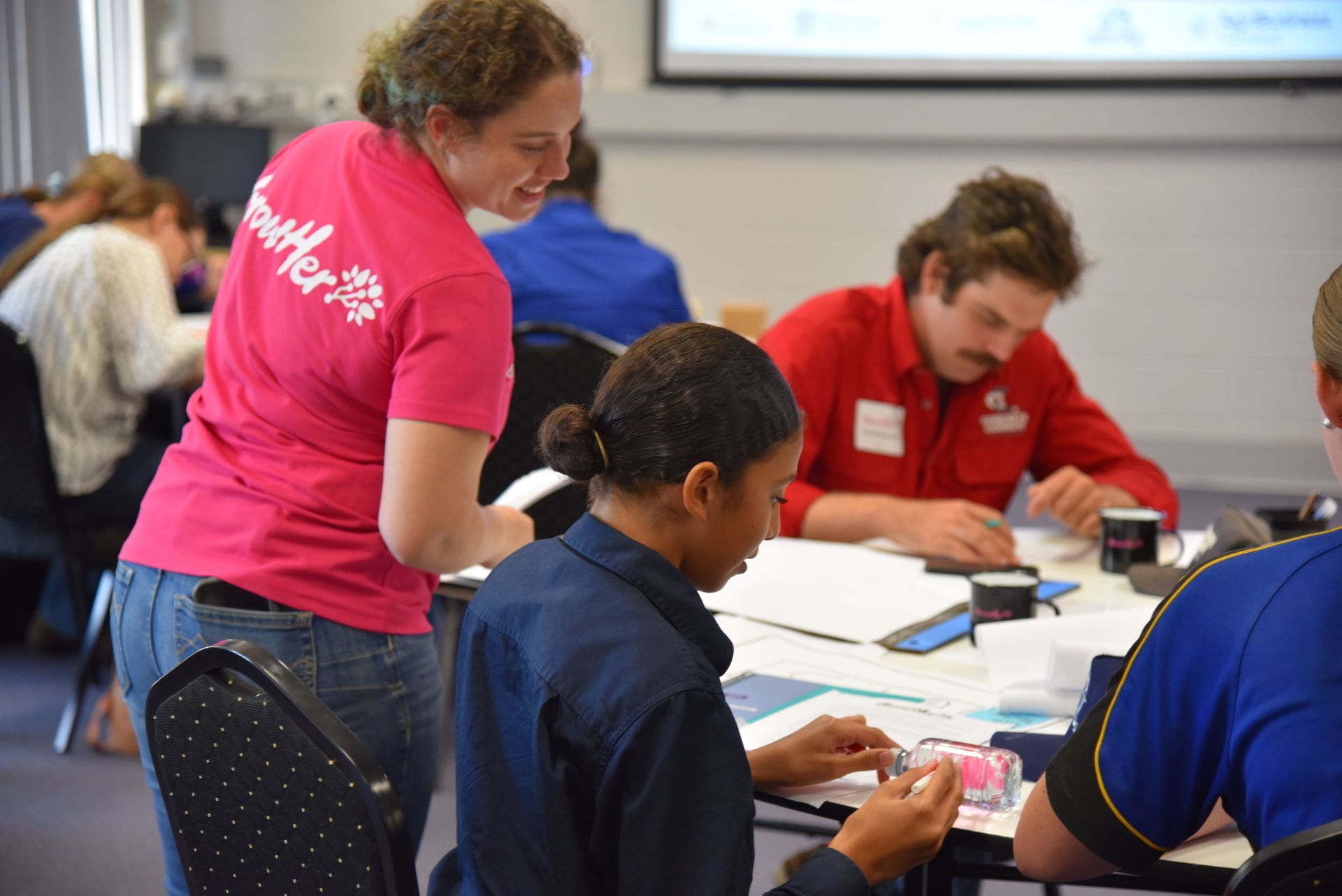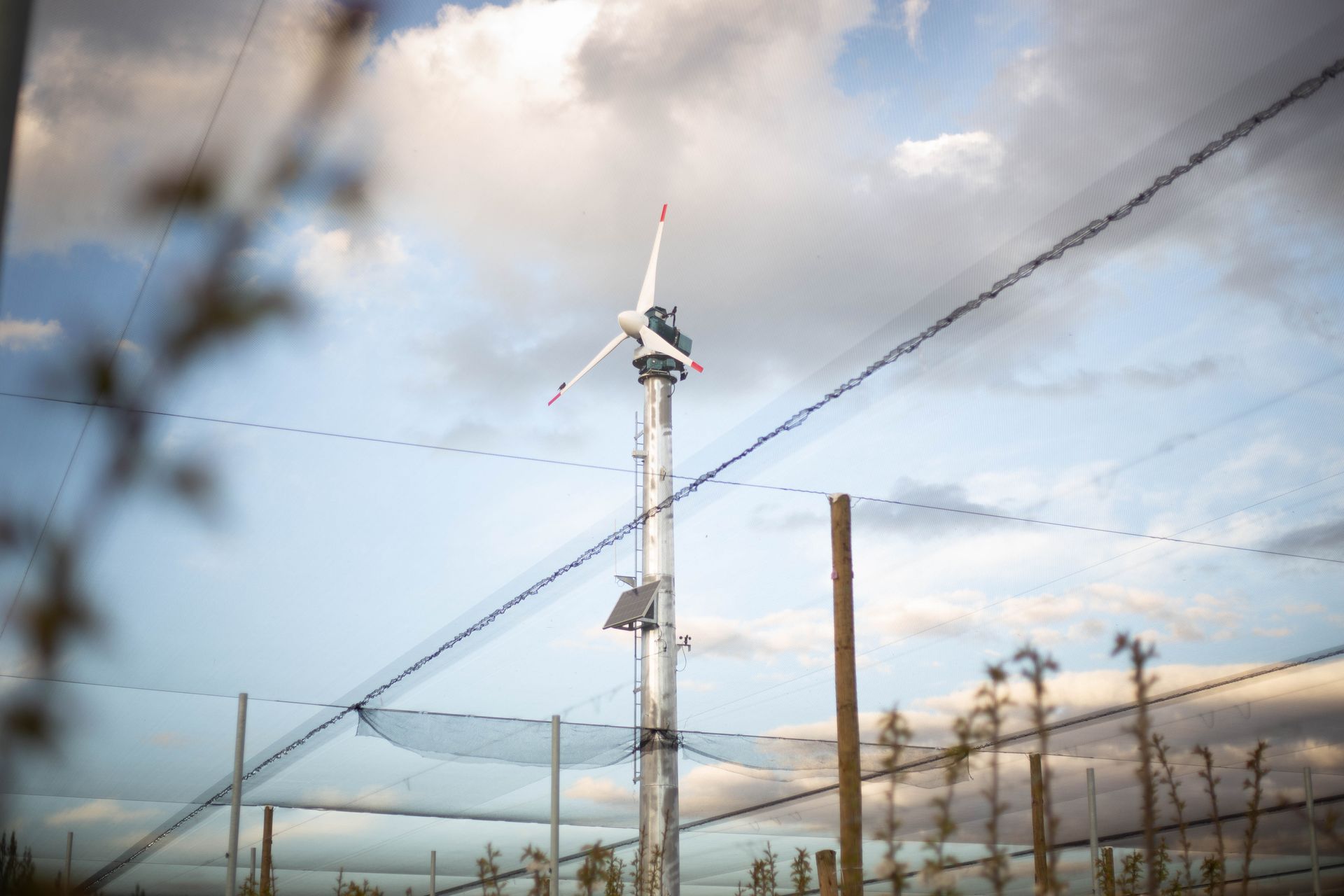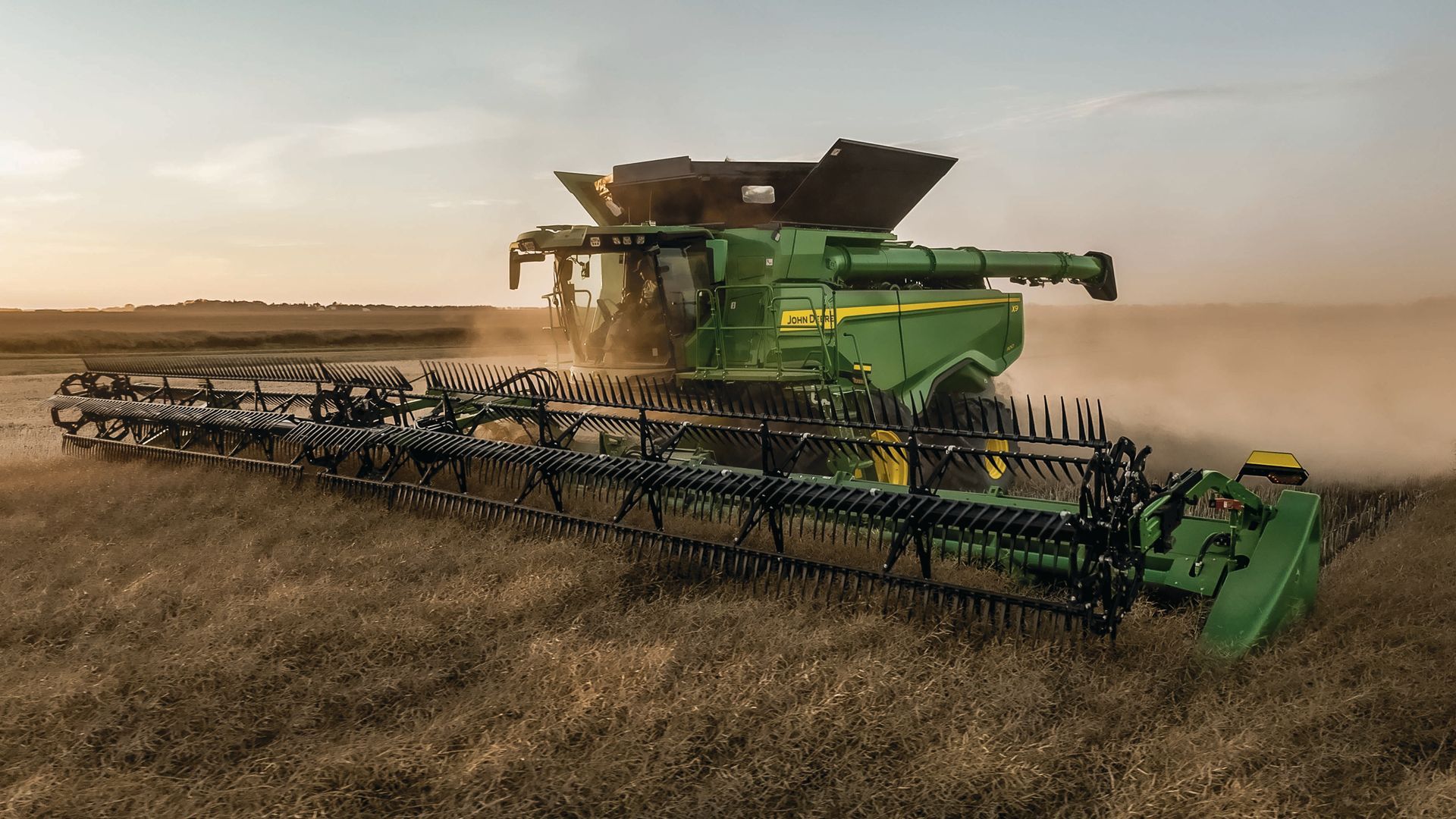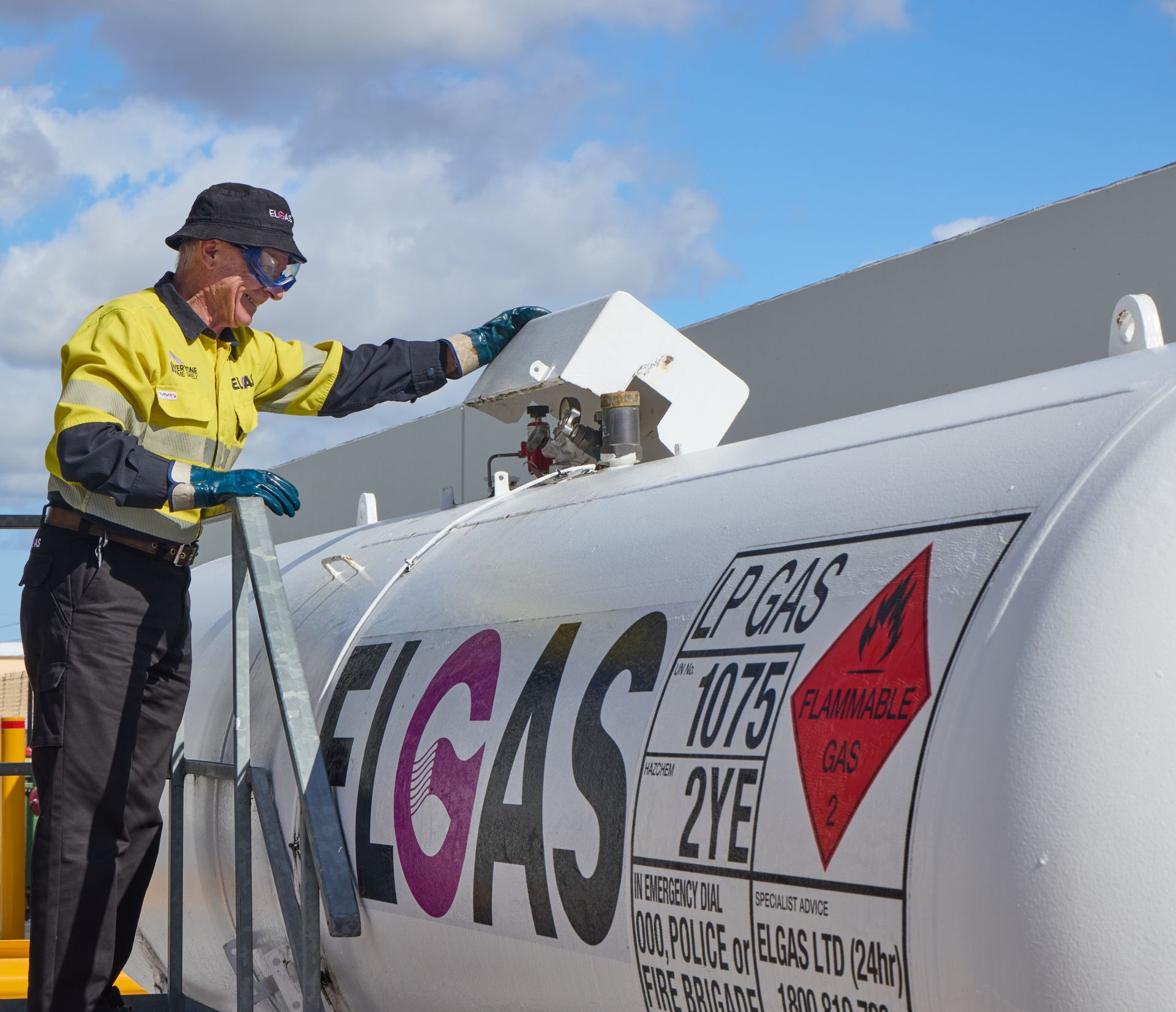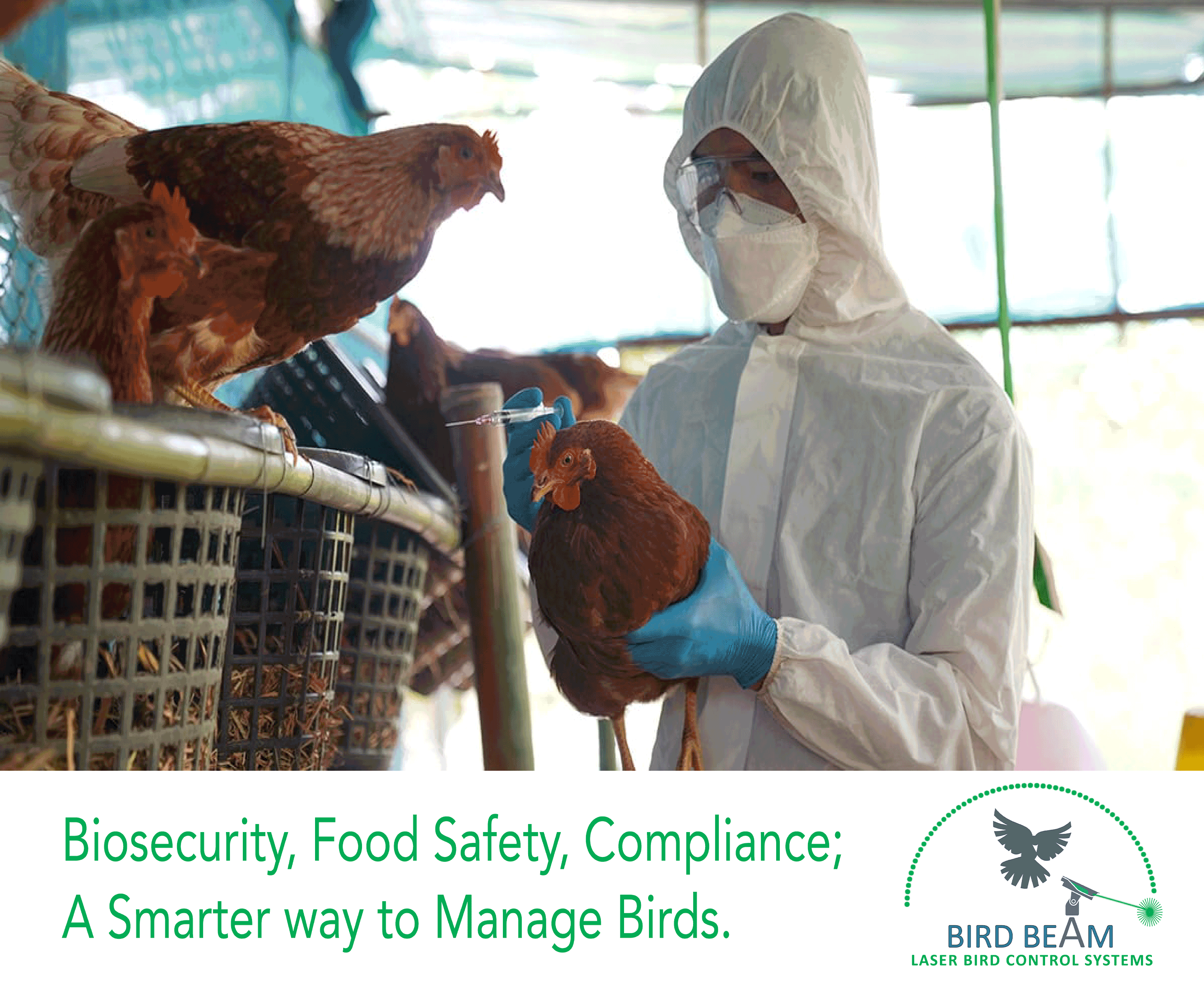1MG FlippingBooks
Wise, efficient automated irrigation with WiSA
Established 21 years ago in Echuca, Victoria, WiSA was one of the first companies to offer automated irrigation control systems in Australia. Australian made and owned, the company’s innovations not only improve the efficiency of irrigation systems, but give growers greater control and increased flexibility, ultimately saving time, money and water.
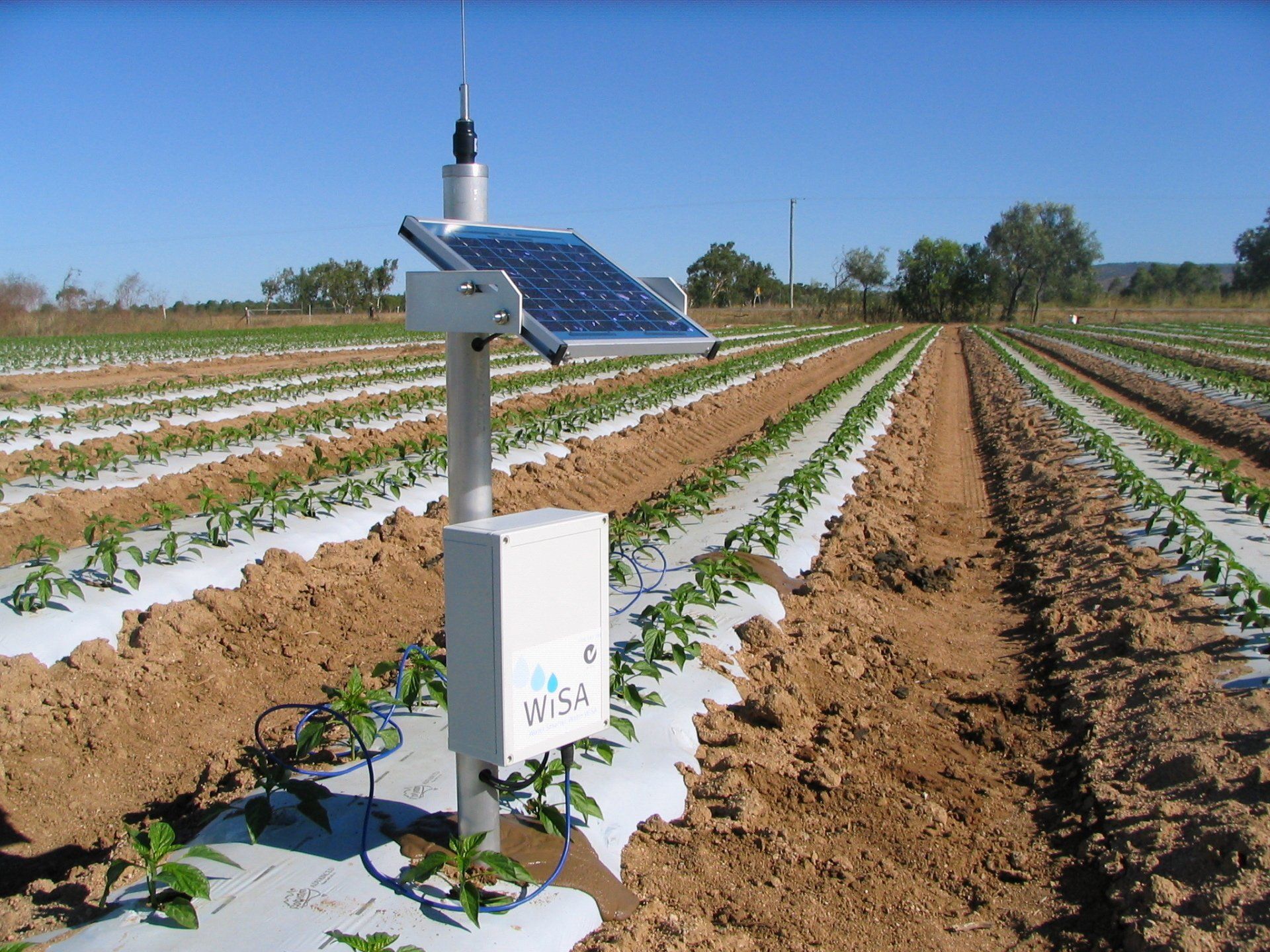
WiSA began in humble circumstances, created on the kitchen bench of founder Graeme Wright in 1996. His success in developing sustainable automated irrigation systems that allow growers to monitor, control and remotely manage their water use saw the company develop a formidable reputation.
WiSA’s system uses weather data and sensors to provide real-time weather, soil and environmental updates and control water and nutrient application. The data collected from sensors and field units is automatically mapped and can be accessed via smartphone or laptop.
This automated system ensures the right amount of water and nutrients are applied at the right time in the growing cycle, reducing water consumption and increasing crop yields and produce quality. Furthermore, WiSA’s system is modular by design, allowing customers to add to the system over time.
“All profits from the first ten years of the company went straight back into research and development,” says Paul Wright, Graeme’s son and the company’s sales director. “We still have the same customers from 21 years ago and this is because we are spending 40-50 per cent of our time on R&D in order to be able to offer upgrades to our customers’ systems at minimal cost.”
With increasing demand on limited water resources and the need to increase productivity throughout the agriculture industry, WiSA is continually looking for ways to improve the efficiency of automated irrigation systems. As such, the company has recently developed a new system specifically for the sugarcane industry.
“The sugarcane industry has so far used very basic irrigation systems,” says Paul. “There is a growing demand to produce a new valve board system in order to bring the management costs down for the industry as a whole.”
WiSA’s new two-valve board system can independently open actuators at different positions in order to better and more efficiently control the water flows.
“Instead of operating just one field unit that manages three irrigation units, for example, the grower is now able to independently operate all three irrigation units for the same price of one field unit,” explains Paul.
WiSA has simultaneously developed a single valve system that is more economical for vegetable gardens and parklands, a change from their previous boards that only operated multiple valves and were not economical for small operations. The company is also testing a new valve system that will incorporate radio and sensors into one small box in-ground, where the radio is at surface level instead of at the outer field irrigation areas.
“We are one of the oldest companies around when it comes to automated irrigation systems,” says Paul. “But unlike other companies, once you buy one of our systems it really is yours and there is no ongoing costs and no third party involved.
“Once we have a customer, we have a customer for life.”
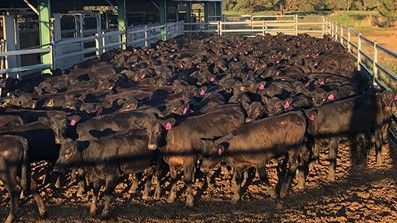
A selection of The Australian Farmer Sponsors - Click on a banner below to find out more...

